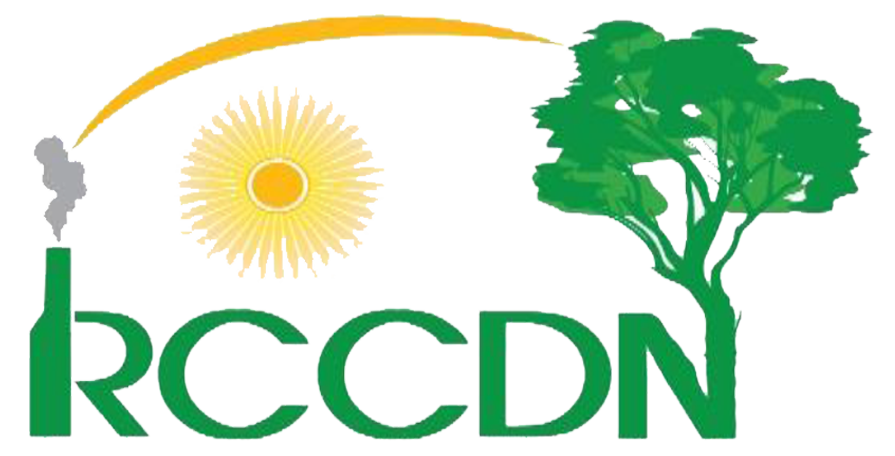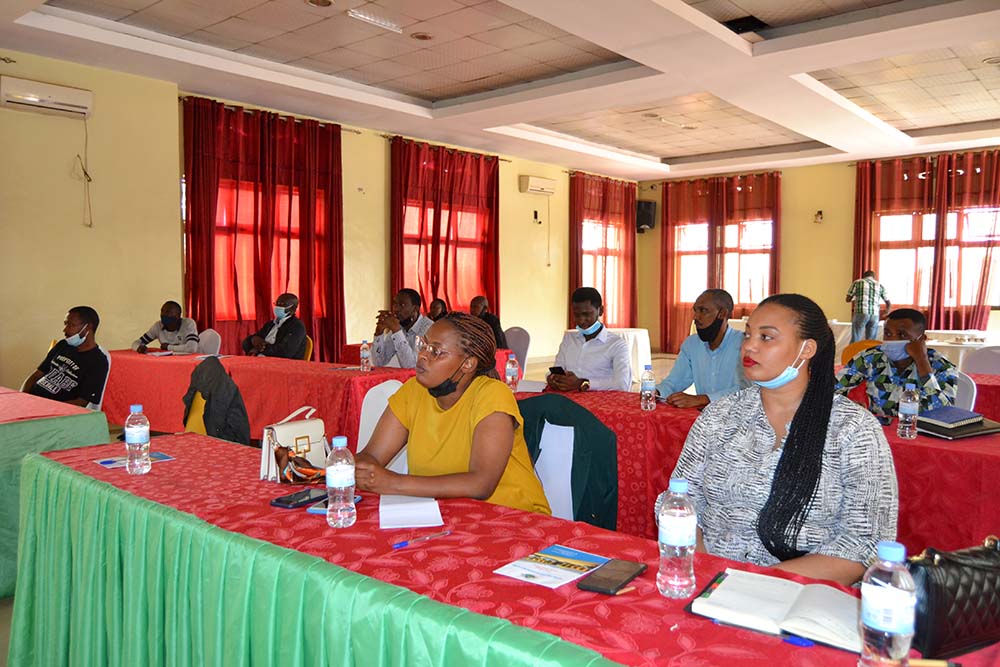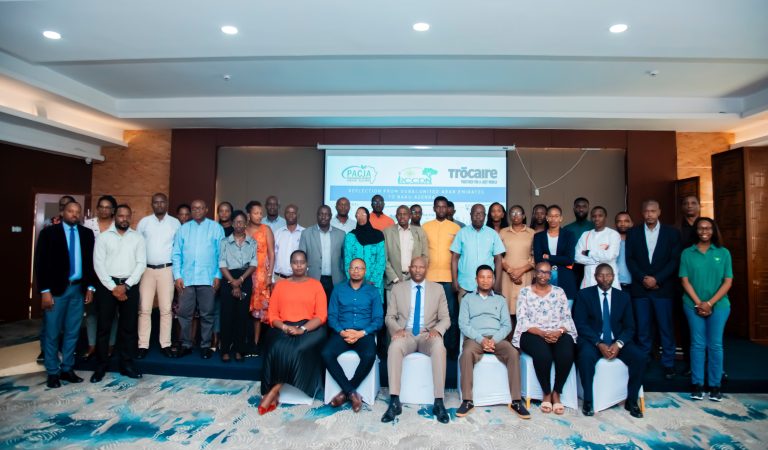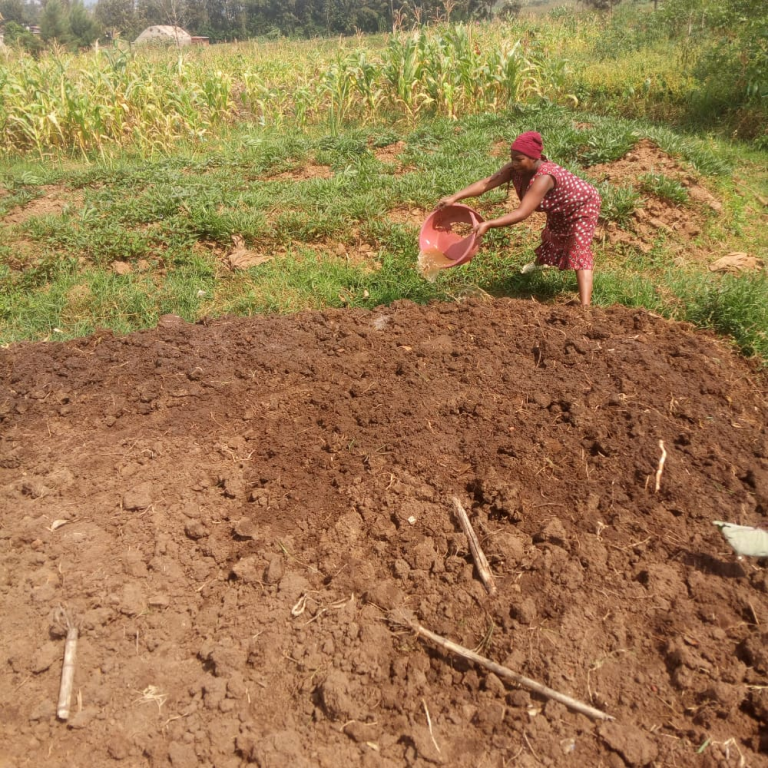To understand the importance of mainstreaming gender in all programmes or projects and ensuring that gender equality and equity are respected in organisations, Rwanda Climate Change and Development Network (RCCDN) this Monday conducted a training workshop for the second batch of participants composed of 18 representatives of its members.
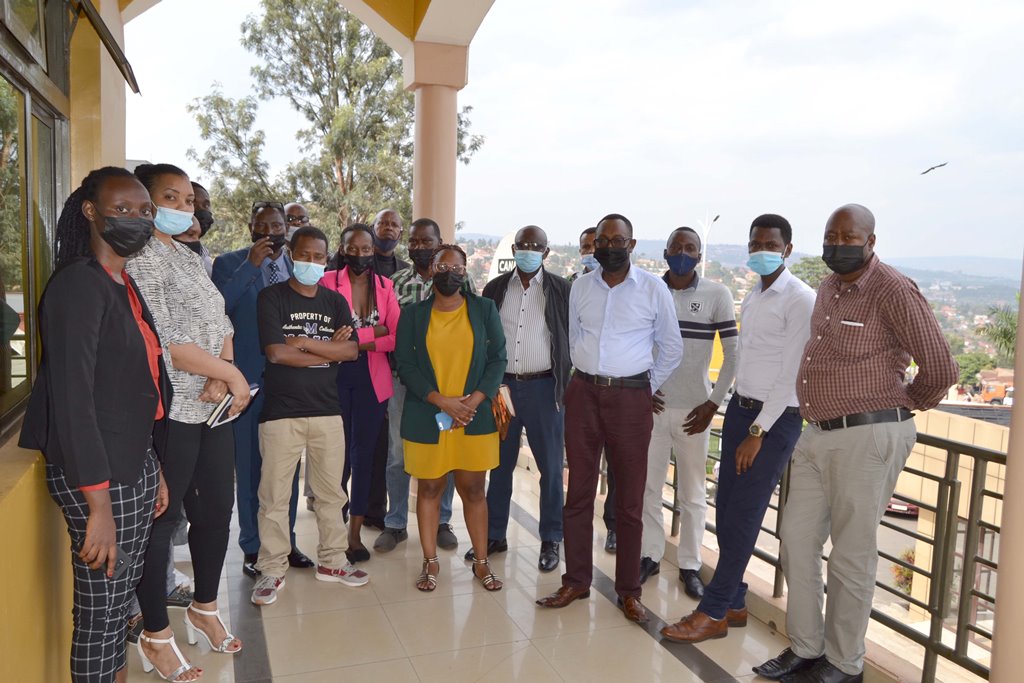
The training workshop conducted at Hilltop Hotel in Kigali was also partly to review the status of gender mainstreaming, gender equality, gender barrier analysis and improving gender relation skills for members of RCCDN.
Officially opening the workshop, Faustin Vuningoma, the Coordinator of RCCDN told participants the significance of applying gender mainstreaming in all programmes and projects in their respective organisations.
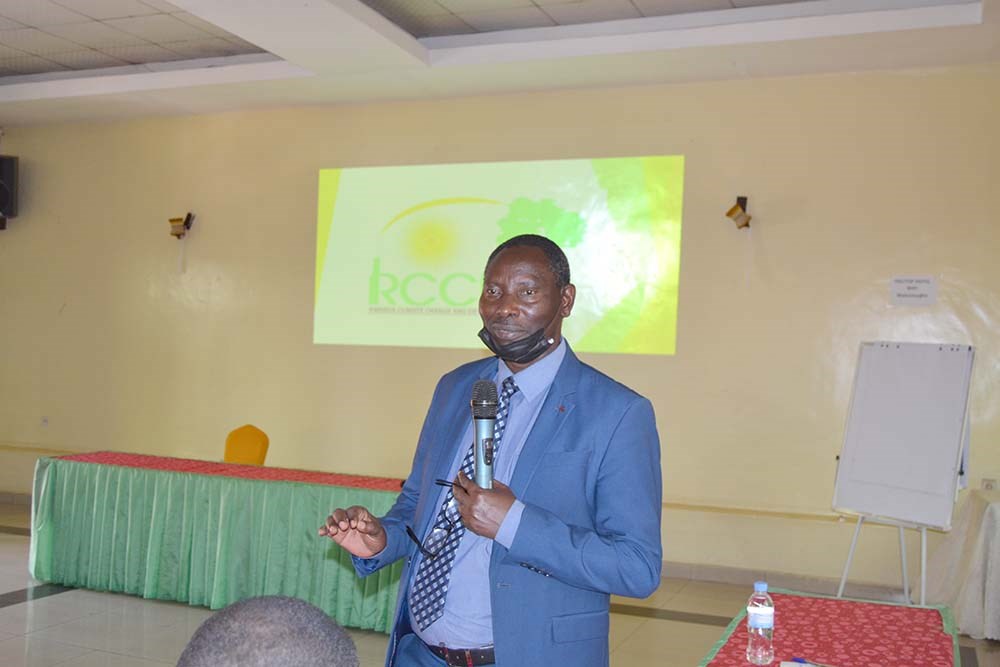
Faustin Vuningoma, the Coordinator of RCCDN
Vuningoma underscored the need for inclusivity as well as working together to strengthen the network as well as member organisations. He retaliated the significance of active participation of members of the network as the way they will all reach greater heights.
The training session proceeded with discussions on the importance of mainstreaming gender in programmes and projects. Participants also highlighted their expectations as far as the gender issue concerned.
The trainer, Fred Muhizi encouraged the participants to take up and promote gender mainstreaming in their respective organisations. “We need to capture the interests of both women and men in our organisations.”
“There is a need for an inclusive strategy in organisations to succeed and be sustainable,” Muhizi said.
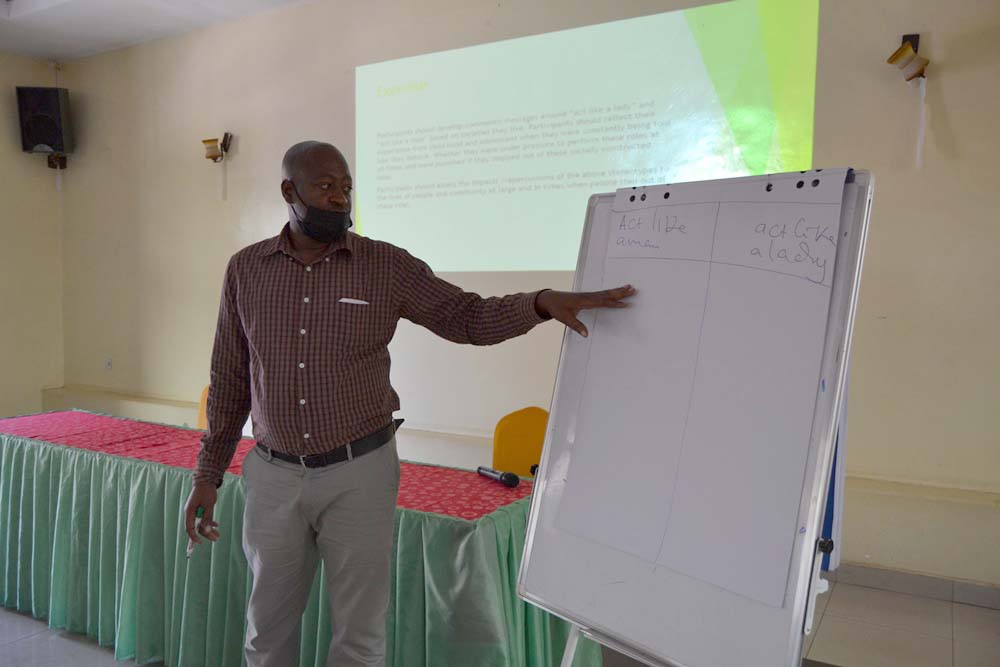
Fred Muhizi, the head of capacity building at RCCDN
Richard Nizeyimana, the Project Officer of Urumuri ry’Urukundo finds that organisations who apply gender mainstreaming are more likely to succeed than those that don’t.
Nizeyimana explains that the founding principles of civil society organisations in Rwanda are the main determinants of how organisations operate which has a big effect on gender mainstreaming although it is being adopted by many.
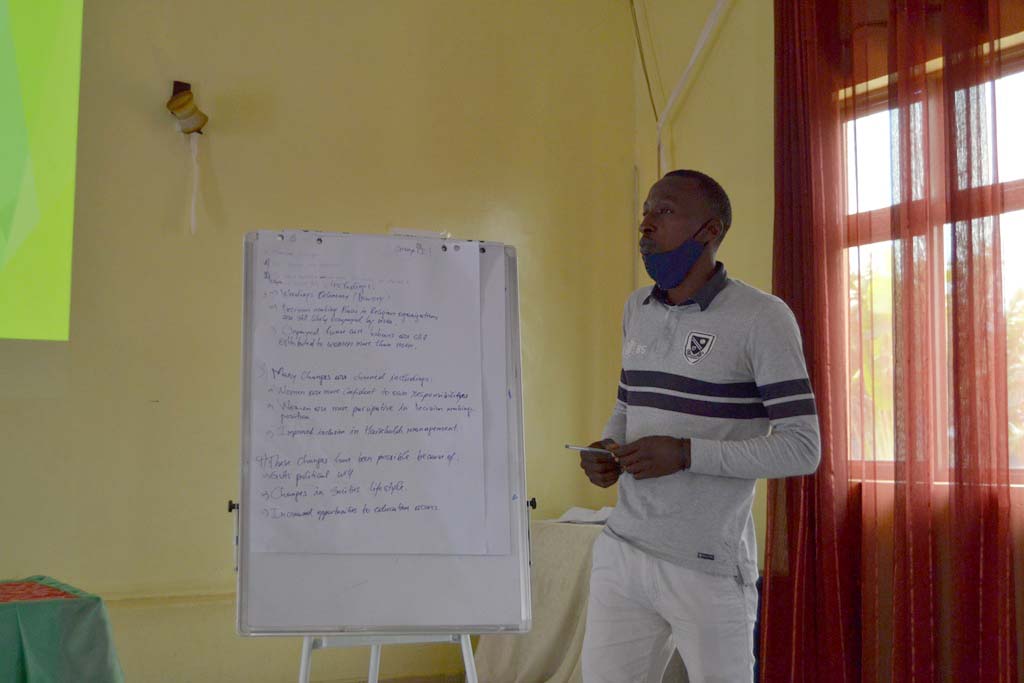
Christopher Muhire, making a presentation during the workshop
For Christopher Muhire of Inshuti Organisation, things are currently changing because many organisations are respecting gender equality and equity which they are implementing in all their activities and many times donors are now requiring CSOs to consider gender.
The training workshop also discussed how to remove gender barriers and improve gender relation skills as a way to further strengthen the organisations. Participants heard that the idea to promote gender equality can lead to an equitable society.
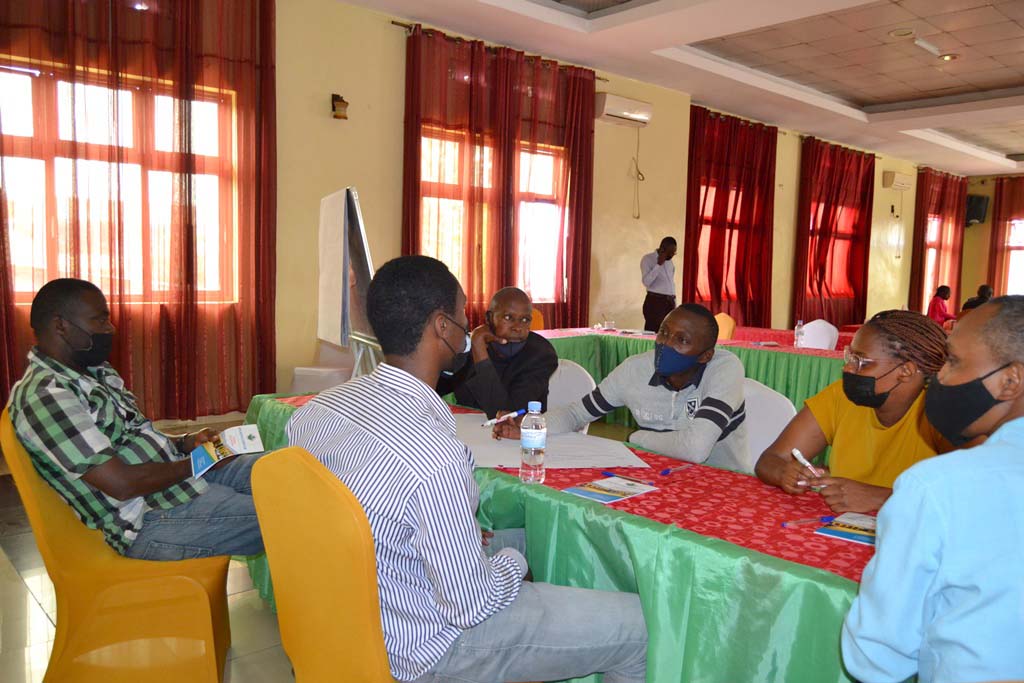
Fred Muhizi, the head of capacity building at RCCDN revealed that after the trainings, member organisations will be requested to draw Gender Action plans they wish to implement in their organisations so that RCCDN can help calibrate them.
The one-day training is the second workshop to be conducted on gender mainstreaming targeting members of RCCDN and was supported by the Norwegian People’s Aid (NPA) through Public Policy Information, Monitoring and Advocacy (PPIMA) project.
